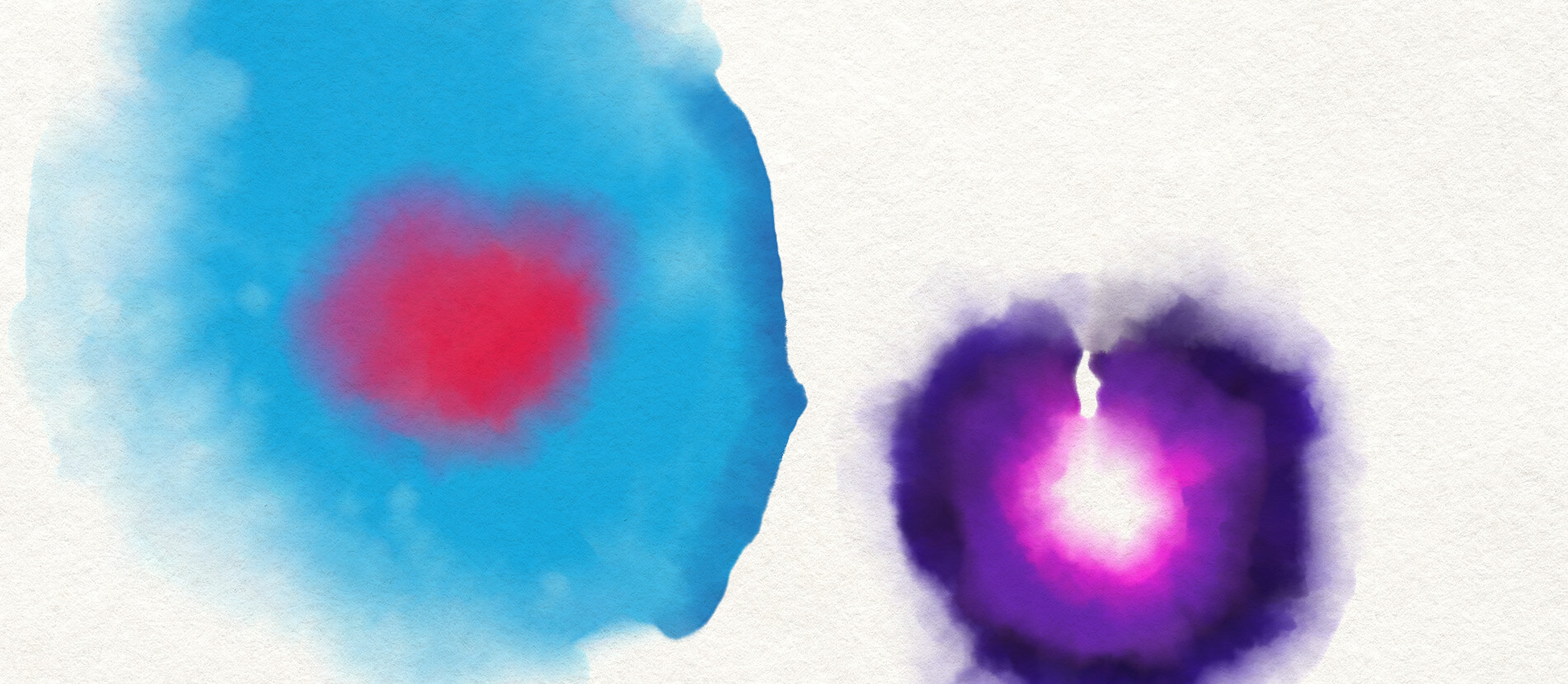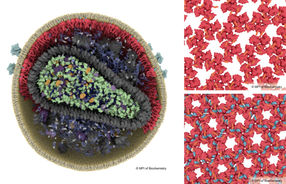Royal Society of Chemistry welcomes non-animal test that could spare one million mice worldwide
The Royal Society of Chemistry welcomed the implementation of newly-developed non-animal methods of testing for poisons in shellfish from the seas around Britain which has led to 14,000 mice being spared testing and death in 2012. If the techniques were to be adopted worldwide it could save a million mice from tests.
Professor Jim Iley, science director of the RSC, said: "The development of in vitro methods that replace animal testing is a goal of toxicological science.
“It is wonderful news that a team of dedicated Government chemists have refined and implemented techniques for protecting humans from shellfish poisoning that means mice no longer have to be used.
“This is a great example of chemical ingenuity being deployed for the benefit of the wider ecosystem."
The work, achieved by a team at the Centre for Environment, Fisheries and Aquaculture Science (Cefas), has allowed the staff to dispense with using thousands of mice.
Now Cefas is looking at opportunities around the world for these liquid chromatography (LC) and mass spectrometry (MS) methods to be applied to reduce numbers of animals being used to assess toxicity in the laboratory or bred and maintained in laboratory facilities for the purpose of such tests.
Dr Andrew Turner, principal chemist in the Food Safety group at Cefas, said: “In 2006, shellfish monitoring programmes undertaken to comply with EU food safety legislation were subject to controversy due to biological tests being the only methods authorised by the European Commission for the detection of the two most prevalent toxin groups in the UK, paralytic shellfish poisoning (PSP) and lipophilic toxins (including toxins responsible for diarrhetic shellfish poisoning (DSP)).
Most read news
Topics
Organizations

Get the analytics and lab tech industry in your inbox
By submitting this form you agree that LUMITOS AG will send you the newsletter(s) selected above by email. Your data will not be passed on to third parties. Your data will be stored and processed in accordance with our data protection regulations. LUMITOS may contact you by email for the purpose of advertising or market and opinion surveys. You can revoke your consent at any time without giving reasons to LUMITOS AG, Ernst-Augustin-Str. 2, 12489 Berlin, Germany or by e-mail at revoke@lumitos.com with effect for the future. In addition, each email contains a link to unsubscribe from the corresponding newsletter.
More news from our other portals
See the theme worlds for related content
Topic World Mass Spectrometry
Mass spectrometry enables us to detect and identify molecules and reveal their structure. Whether in chemistry, biochemistry or forensics - mass spectrometry opens up unexpected insights into the composition of our world. Immerse yourself in the fascinating world of mass spectrometry!

Topic World Mass Spectrometry
Mass spectrometry enables us to detect and identify molecules and reveal their structure. Whether in chemistry, biochemistry or forensics - mass spectrometry opens up unexpected insights into the composition of our world. Immerse yourself in the fascinating world of mass spectrometry!
Topic World Chromatography
Chromatography enables us to separate, identify and thus understand complex substances. Whether in the food industry, pharmaceutical research or environmental analysis - chromatography opens up a treasure trove of information about the composition and quality of our samples. Discover the fascinating world of chromatography!

Topic World Chromatography
Chromatography enables us to separate, identify and thus understand complex substances. Whether in the food industry, pharmaceutical research or environmental analysis - chromatography opens up a treasure trove of information about the composition and quality of our samples. Discover the fascinating world of chromatography!


























































